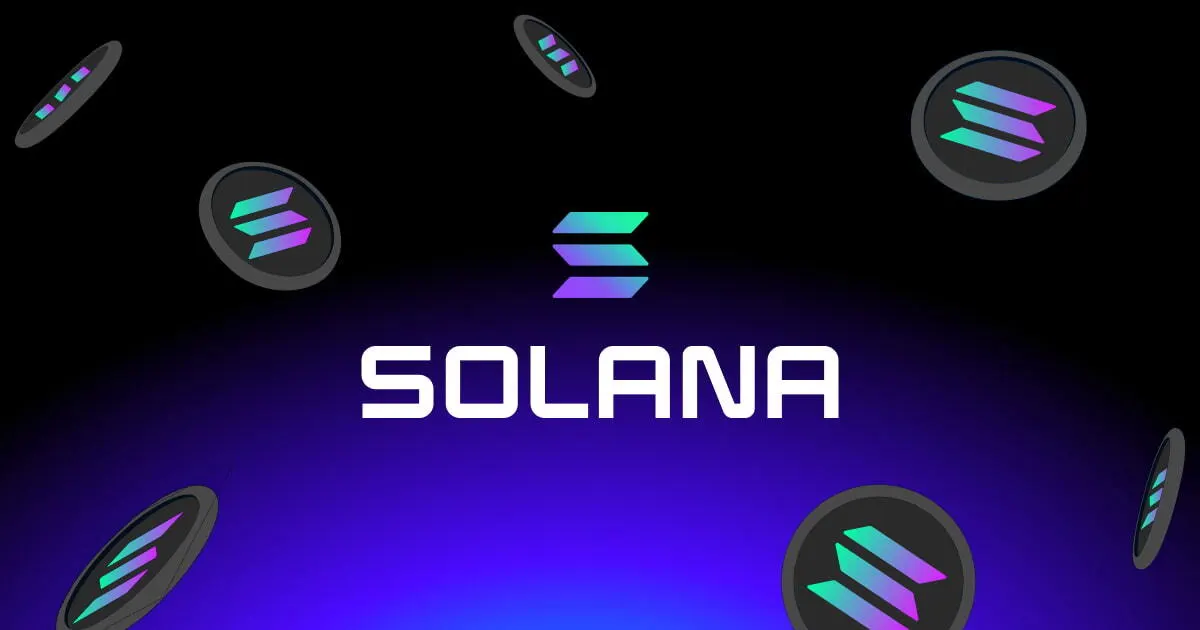Solana Fast, secure, and scalable for everyone.
On top of that, Solana is very powerful for developers!
Due to latest change Solana Foundation Delegation Program, a validator with a delegated stake lower than 100,000 SOL (like P2P Staking) is no longer profitable.
We have actually been running our validator at a loss last months.
Unfortunately, we will stop operating at the end of October 2025, after three years of flawless activity.

Solana blockchain
Solana delivers sub-second block times (~400 ms) and high throughput (3,000+ TPS) with fees under $0.0025, secured by a decentralized set of ~1,000 validators.
Its energy‑efficient Proof of Stake design keeps environmental impact near zero while supporting mainstream-scale apps.
Staking SOL helps secure the network and lets you earn rewards with non-custodial control and instant liquidity via liquid staking options.
Solana staking at a glance
Solana is a demanding blockchain that requires its validators to deploy high-performance servers and maintain responsive administration.
Slashing
Solana has a slashing mechanism. Funds delegated to a malicious or incompetent validator are at risk.
Bonding
Thanks to short epochs, staked funds can be unlocked in under 3 days.
High speed
Solana requires a powerful server. Low-cost configurations have a high skip rate and miss many rewards.
Why stake with P2P Staking
Beyond the standards we enforce across all our validators, there’s a major advantage to nominating us.
We proved ourselves through the Solana Foundation’s program.
Oversized server
Latest EPYC 24c/48t, 25 Gbps bandwidth
Solana Foundation Delegation Program
Acknowledged for our seriousness in the Solana ecosystem since October 2021. Check our stats yourself!
Skin in the game
More than 100 SOL self-stake
Our validator
Stake your SOL via your wallet, look up :
By Name
P2PStaking
By public key
7mcgHPHLfdoVn1JV9pQp6y8dbx2QF4n1STRCyG9wJ9rV
FAQ – Your Questions Answered
P2P Staking does not control your funds. Never share your private keys.
We follow security best practices: SSH key-only access and continuous patching/updates.
We participate in the Solana Foundation Delegation Program. All software updates are first validated on our dedicated testnet server before mainnet deployment. Track our performance here: https://solana.org/sfdp-validators/7mcgHPHLfdoVn1JV9pQp6y8dbx2QF4n1STRCyG9wJ9rV
Solana uses a slashing mechanism.
Like other PoS networks, slashing penalizes malicious or negligent validators. In practice, penalties can range from losing a portion to, in extreme cases, all of the stake associated with the penalized validator.
Two effective ways for holders to mitigate slashing risk:
Delegate only to trustworthy, well-run validators.
Split your stake across multiple validators so a slash would affect only part of your total.
The estimated annual rate is about 6.67%. This is reduced by the validator’s commission and their skip rate (missed blocks).
Solana requires cutting-edge hardware. A 7–10% commission is perfectly normal.
Be wary of ultra-low fees; they may signal underpowered setups or cut operational corners, leading to a high skip rate that can erode your returns.
Epochs are under 3 days, which smooths out interest distribution and lets you stake for just a few days.
Reward timing on Solana: epochs last less than three days, smoothing payouts and enabling short-term staking.
Solana rewards cadence: with sub‑3‑day epochs, rewards accrue smoothly and you can stake for only a few days if needed.
Not really—you can stake any amount you like.
Minimum stake on Solana: effectively none; you can delegate any amount.
Staking threshold: there isn’t a strict minimum; small amounts are allowed.
Choose “Undelegate” in your wallet. Once the transaction confirms, the action will take effect after the current epoch ends.
When “Withdraw” appears (typically within 3 days after undelegating), you can withdraw your funds.
We charge 5% on Solana inflation rewards and 110% on MEV. This lets us run a powerful server and allocate an engineer for regular software updates
You’ll find everything you need on the official website, especially in the documentation.
